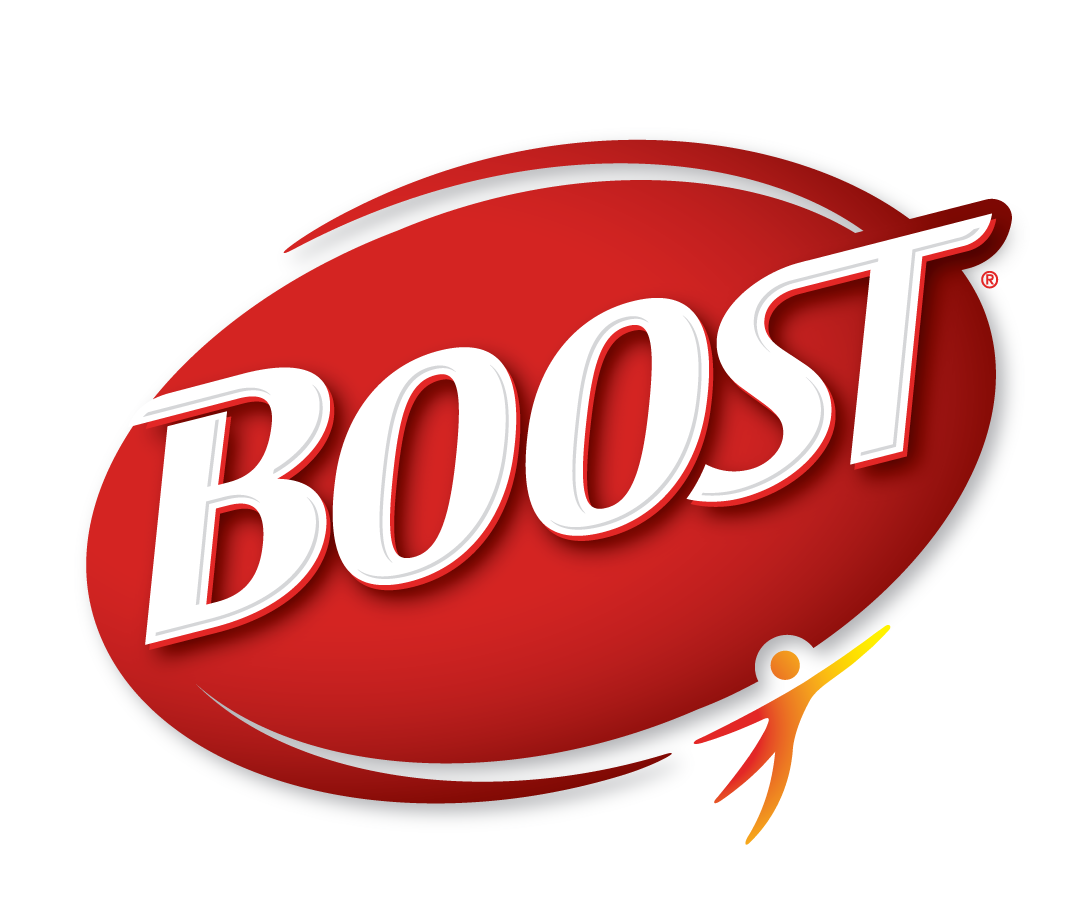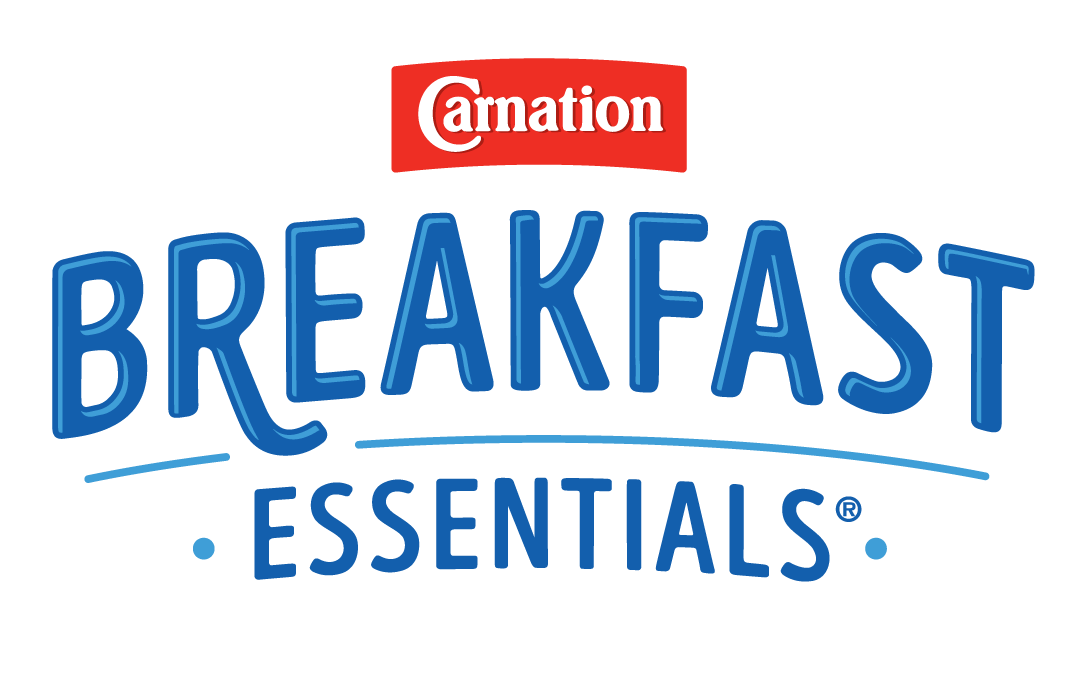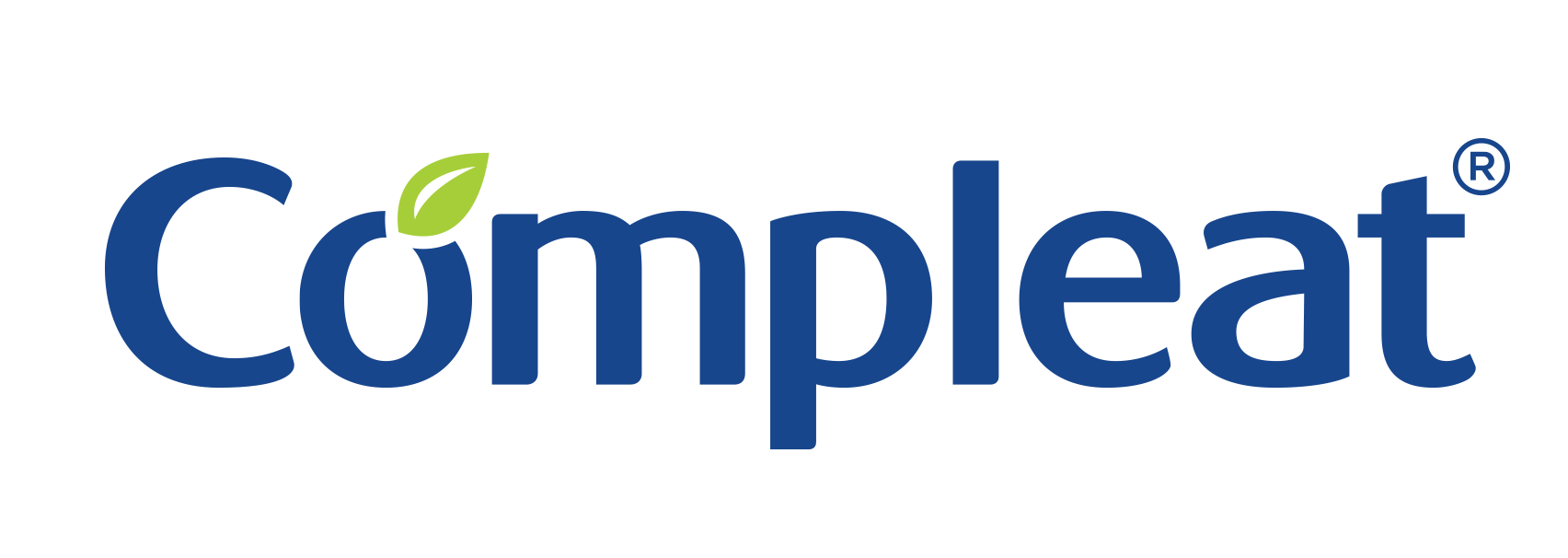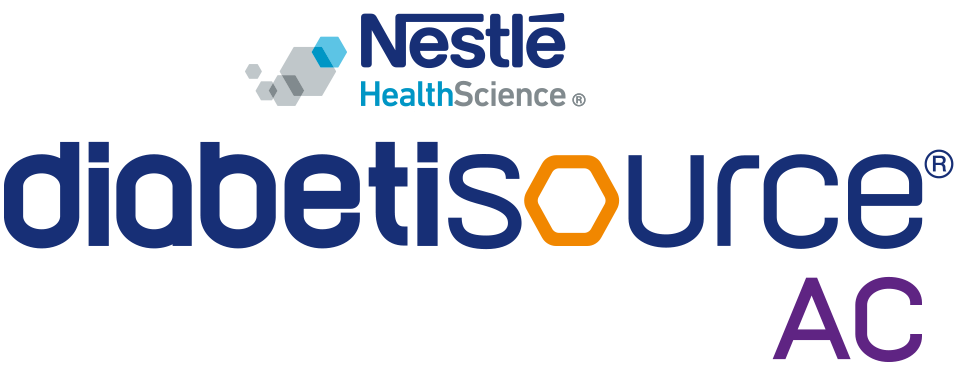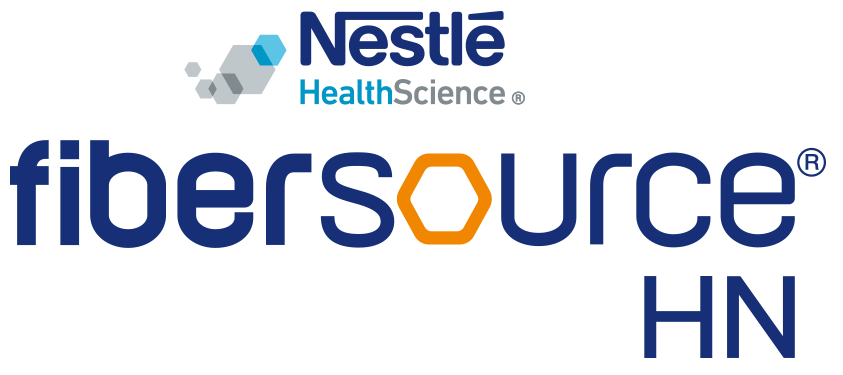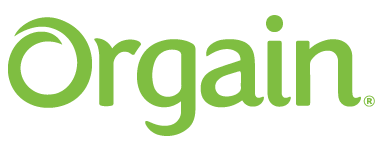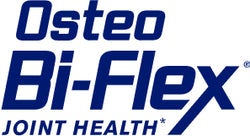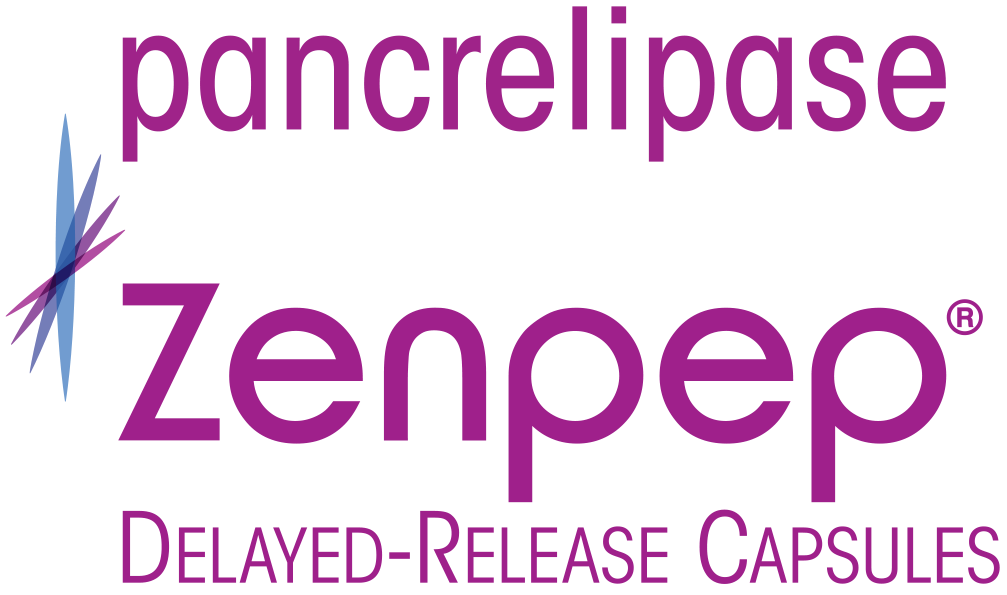EVALUATION PROCESS
Grant applications will be reviewed by the 4-part webinar course instructor and representatives of Nestlé Health Science Medical Affairs and grants committee.
Incomplete grant applications or applications that do not meet the eligibility criteria will not be considered by the panel.
The selected participants will be notified via email. Participants have one week to accept the invitation. If a participant does not accept the invitation within one week, they will be replaced with another applicant.
The evaluation process considers the number of years of clinical experience with enteral nutrition patients and application content.









